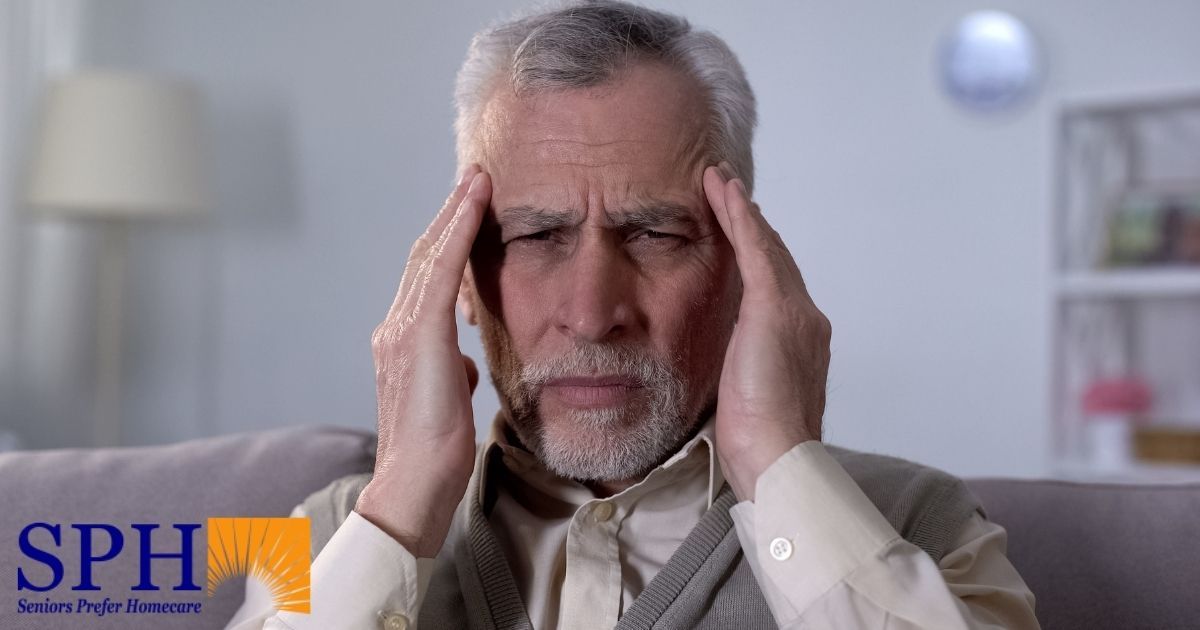Approximately 800,000 Americans every year suffer from a stroke, and most are aged 65-and-over. There are three major types of strokes that can target elderly individuals: ischemic, hemorrhagic and transient ischemic attacks (TIAs). Most stroke survivors are forced to live with complications afterwards that include speech disorders, paralysis, blood clots, depression, and chronic headaches. As a family caregiver, knowing the signs and symptoms of a stroke can be a real difference-maker when every precious second counts.
What Causes a Stroke?
A stroke occurs when blood flow to part of the brain is cut off or heavily restricted, causing the blood-starved brain cells to begin dying off. As such, a stroke is very much like a heart attack of the brain. And although they target different organs in the body, heart attacks and strokes can be equally devastating and life changing events.
Stroke Risk Factors
A stroke is more likely to occur in an older individual with one or more of these risk factors:
- High blood pressure
- Elevated cholesterol
- Smoking
- Diabetes
- Atrial Fibrillation (AFib)
- Previous transient ischemic attack (TIA)
- Heart disease
Strokes disproportionately target those aged 65+, and older women in general are more likely to die from a stroke than men of the same age. With respect to race, African Americans have twice the risk of experiencing a stroke as do white individuals.
Warning Signs of a Stroke
A stroke can target various parts of the brain that control different motor skills, including the right hemisphere, left hemisphere, brain stem or cerebellum. As an informal caregiver these are the classic stroke warning signs and symptoms to watch for in your loved one:
- Sudden vision problems in one or both eyes
- Numbness in the face or limbs that oftentimes affects only one side of the body
- Sudden, intense headache
- Difficulty saying specific words, slurred speech, or inability to speak in general
- Loss of coordination
In addition to the symptoms listed above, women may also experience:
- Spontaneous chest pain or shortness of breath
- Sudden hiccups
- Sudden nausea
- Heart palpitations
How to Diagnose a Stroke
During moments of confusion remembering all the primary signs of a stroke isn’t easy. If you are concerned that your loved one may be having a stroke, the FAST acronym can help you make a definitive diagnosis:
- Face: While paying close attention to their mouth and face, ask the person to smile. If one side of their face doesn’t move like the other, it could be a stroke.
- Arms: Ask your loved one to raise both of their arms to see if one doesn’t move as well as the other.
- Speech: Ask the person to repeat a short sentence back to you without slurring.
- Time: If you notice anything unusual during the previous tests, your loved one may be having a stroke. At that point, time is of the essence.
What to Do Next
Once you suspect that your senior is having a stroke, every precious second counts. To ensure that your loved one gets the best medical care possible, take these steps:
- Call 911 immediately.
- Note the time when you first recognized symptoms.
- If it becomes necessary, perform CPR.
What Not to Do
To give your senior a better chance of survival and full recovery:
- Don’t let them fall asleep or talk you out of calling 911.
- Don’t give them medication, food or beverages.
- Don’t allow them to drive themselves to the hospital emergency room.
An Extended Family in Your Loved One’s Home
The topic of strokes is an uncomfortable one for most independent seniors and their families. At Seniors Prefer Homecare our professional caregivers are highly trained on how to recognize stroke signs and symptoms, along with the special care needs for aging-in-place adults who are recovering after a stroke. No matter the situation, our goal is supporting the daily living activities of seniors through reliable in-home services like personal care, household duties, respite care, companionship care, dementia care, and even live-in and 24-hour care.
At SPH, our compassionate professionals use a unique approach that’s designed to lift the spirits of those we serve while maintaining their dignity, independence and self-esteem. To learn more about Seniors Prefer Homecare now, or to schedule a FREE initial consultation for a senior in Tuscaloosa or Huntsville, AL, today, please visit us at www.seniorspreferhomecare.com!

